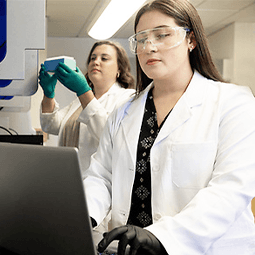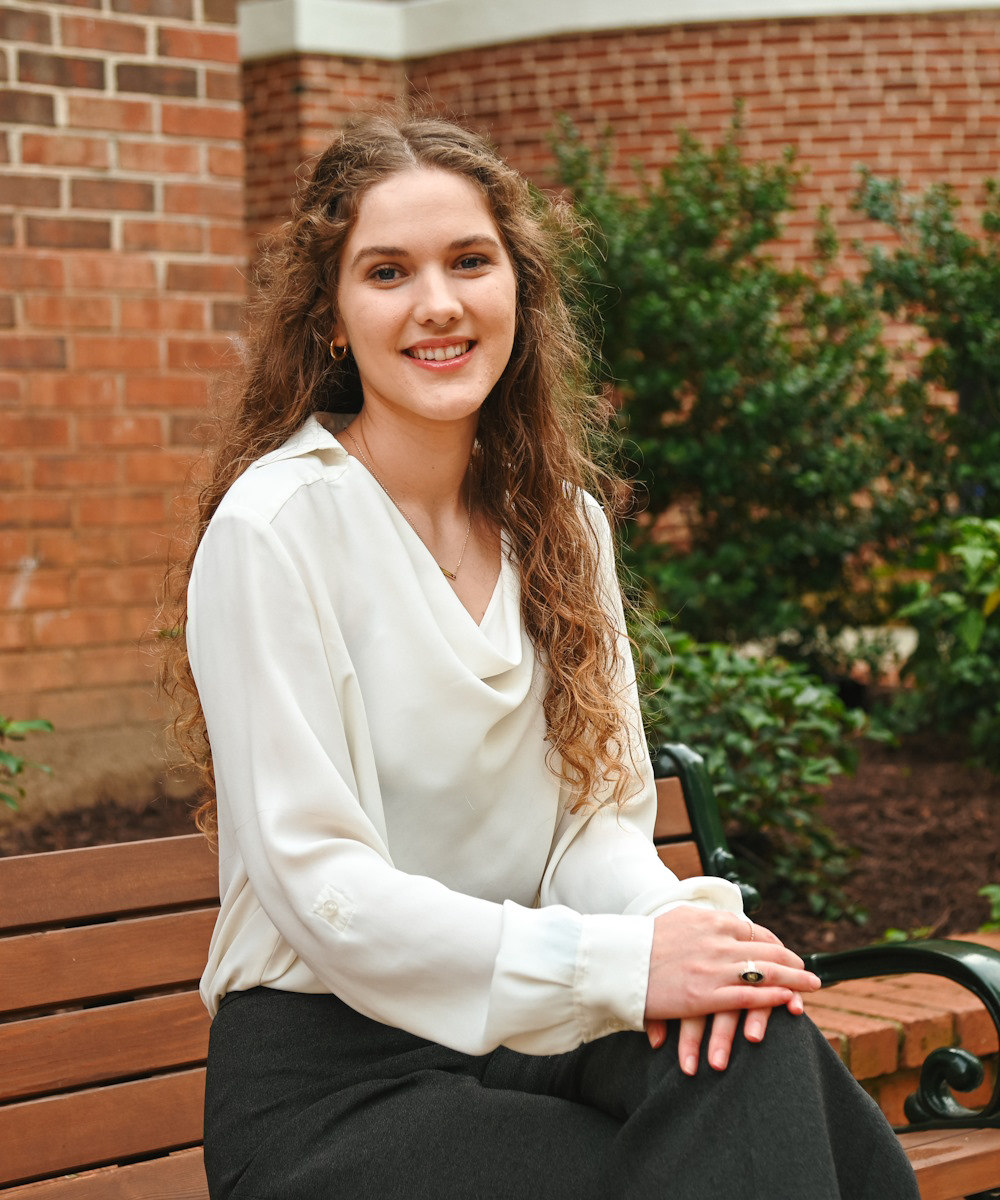
Find Out More
Epidemiologists design and conduct investigations aimed at improving the health of groups of people by combining knowledge from the social sciences, medicine, biology, the environment, and statistics.
December 2, 2024 | Erin Bluvas, bluvase@sc.edu
Did you know that the gut microbiome influences human development, health and disease risk from birth to adulthood? Naomi Higgins has been fascinated by the role of the microbiome ever since she took a microbial ecology course as an undergraduate at Clemson University.
“I'm passionate about the human gut microbiome and its strong ties to health through factors like diet, environment and social exposure,” says Higgins, who is particularly interested in maternal and child health. “Research shows that birth mode (vaginal vs. C-section), neonatal nutrition (breastfeeding vs. formula), birth order and environment significantly shape physiological development and disease risk.”
A public health microbiology course introduced the biological sciences major to her second area of interest: disease outbreaks.
“Learning about the steps of outbreak investigations and disease prevention sparked my interest in the detective work epidemiologists do to determine an outbreak’s scope, causes and control measures,” Higgins says.
After gaining experience as a teaching assistant as well as a research intern in the plant and environmental sciences department, the Murrells Inlet native knew that graduate school was the next best step. With most of her family relocated to the Upstate, Higgins’ attention zeroed in on USC.

“I wanted to take advantage of the strong public health program in my home state, making it possible to develop my expertise while remaining connected to the local community,” she says. “I was impressed with the Arnold’s school ranking in South Carolina and nationally as a research institution.”
As a student in the Master of Public Health in Epidemiology program, Higgins has continued building on her teaching experience as an instructional assistant. She has also contributed to the National Cancer Institutes-funded REMEDY Study and the Motivation of Health Behavior Lab, which is led by health promotion, education, and behavior associate professor Amanda Rebar.
“Dr. Rebar has been an incredible mentor, who has prioritized the skills and opportunities I want to gain, which created a supportive and enriching environment,” Higgins says. “The program director, Myriam Torres, has also been a pillar of support – frequently checking in on me and celebrating my successes.”
This spring, Higgins will enroll in a second, parallel program: the Maternal and Child Health Certificate of Graduate Study. She’s looking forward to attaining specialized knowledge and practical experience to enhance the health and well-being of children and mothers. After graduating in 2026, she hopes to complete an applied epidemiology fellowship to gain additional training before pursuing a state or federal position that focuses on maternal and child health.
“My experience at the Arnold School has exceeded my expectations,” Higgins says. “My cohort is incredibly diverse in expertise and culture, which has enriched classroom discussions and expanded my perspectives.”